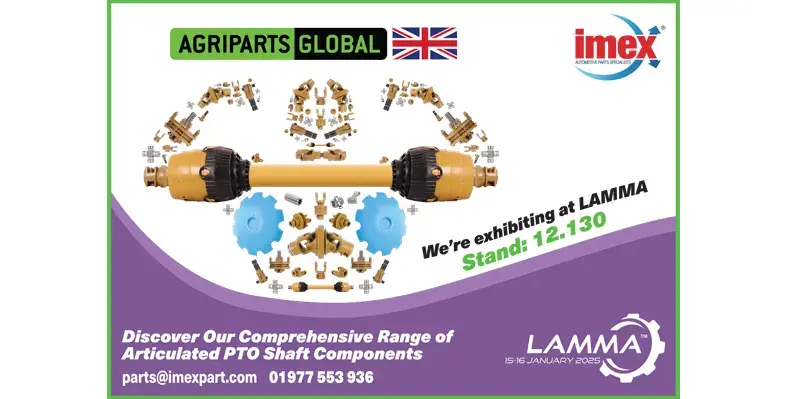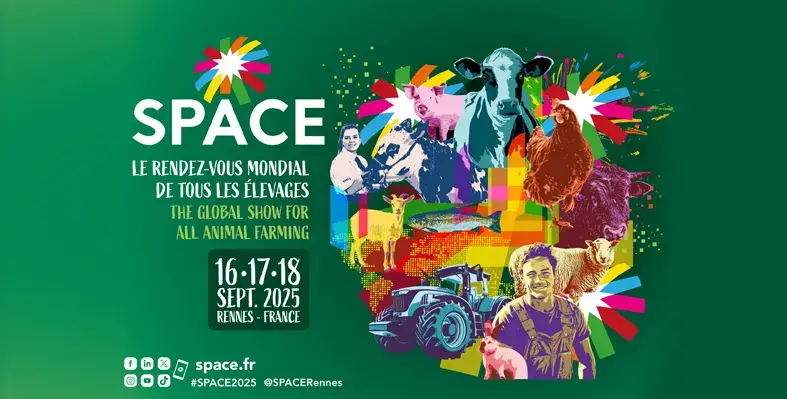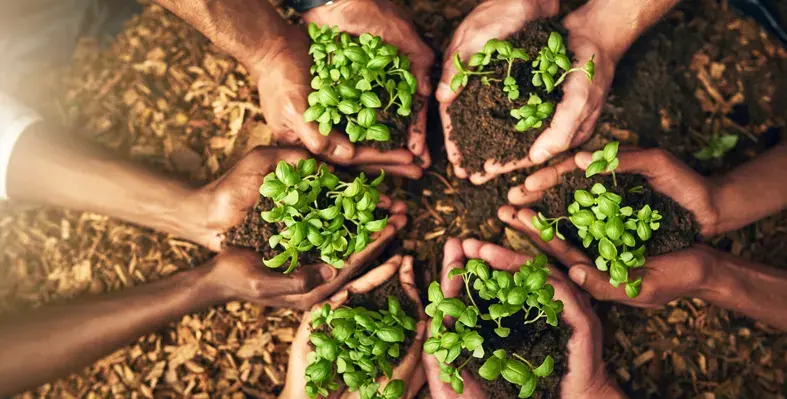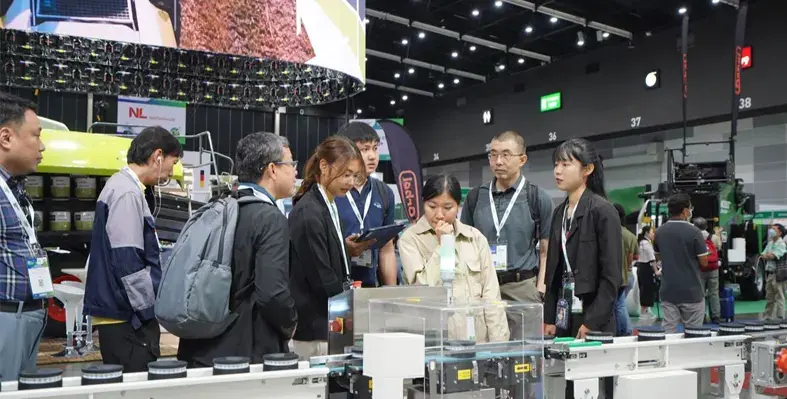
This year's Macfrut will include a special Berry Area dedicated to these soft fruits, with an event area, an exhibition area and special visit routes for companies. (Image source: Macfrut)
The 42nd edition of the international trade fair for the fruit and vegetable supply chain will be held from 6-8 May at the Rimini Expo Centre in Italy
Berries have been the main focus of Macfrut for quite some time, with blueberries being the star of the show at the 2023 trade fair. The Macfrut Academy has also recently produced a video lesson on blueberries, with a special focus on the Mediterranean supply chain.
The global berry market is worth more than US$40bn and is growing across all categories. Global strawberry production in particular has increased by 28% over the last decade and now accounts for more than half of all berries. Moreover, annual consumption of blackberries has increased by 6.2%, with a potential for raspberry production, which has reached 150,000 tonnes and is expected to quadruple over the next decade.
This year's Macfrut will include a special Berry Area dedicated to these soft fruits, with an event area, an exhibition area and special visit routes for companies. The Berry Area will be divided into two parts: an event area called the Berry Show, where experts will give speeches, along with an exhibition area, and the Berry Route, which will allow visitors to visit berry companies at various locations throughout the trade fair.
"In keeping with the nature of a trade fair such as Macfrut, the berry supply chain will be showcased through an exhibitor area and a schedule of meetings and events focused on these soft fruits," explained president of Ncx, Thomas Drhorad. "The Berry Area is launching in just a few days and a number of leading companies from across the supply chain have already confirmed their intention to participate."







